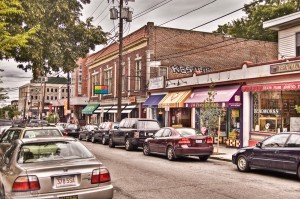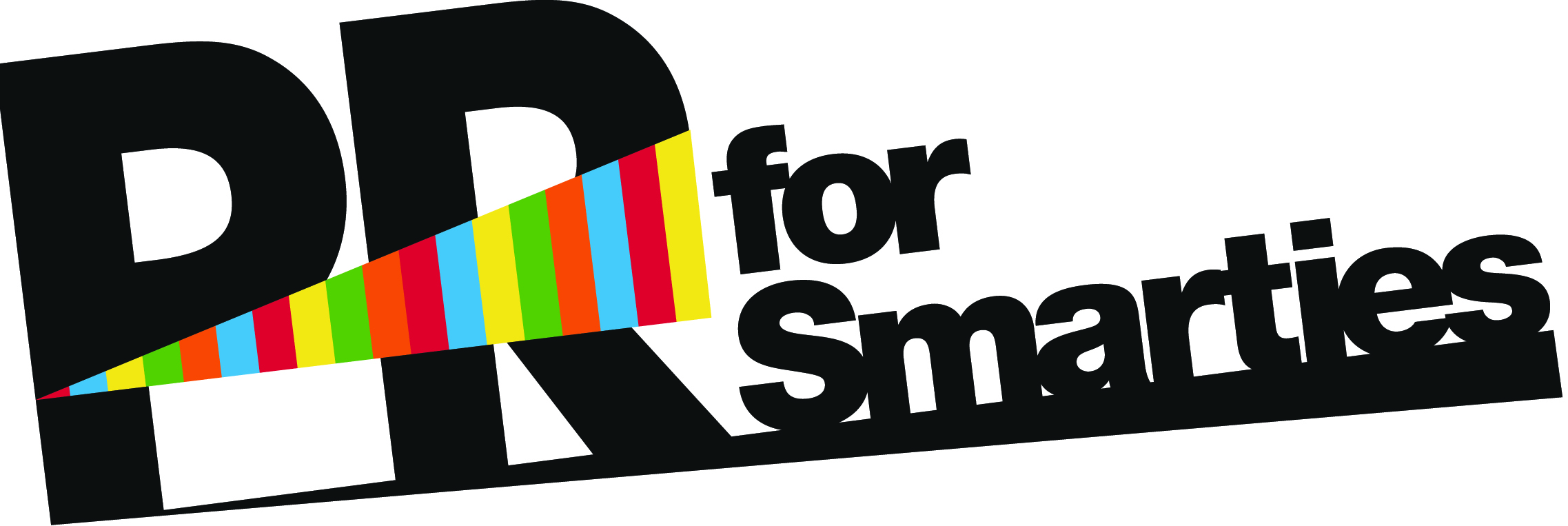 The Playgoer has a really thoughtful piece on the marketplace disadvantage that faces theater in an age where culture is mass produced. His view is pretty depressing, and it is certainly all sorts of true. It is damn hard to repackage and commoditize something as ephemeral as live performance.
The Playgoer has a really thoughtful piece on the marketplace disadvantage that faces theater in an age where culture is mass produced. His view is pretty depressing, and it is certainly all sorts of true. It is damn hard to repackage and commoditize something as ephemeral as live performance.
But I don’t think we are quite ready for the doom and gloom scenario (and as bummed as Playgoer is about it, he’s not ready for doom and gloom either). But what I do think we need to cease and desist the thought of competing with mass production. It’s time to go (annoying buzz word alert) hyperlocal.
The big PR brains working in social media are pimping the hyperlocal idea. Foursquare is a hyperlocal game that all the cool kids are playing. Location-based marketing is the Next Big Thing.
So what is this hyperlocal stuff anyway? Right now, it mainly applies to news reporting specific to a small and targeted geographic location.
As an example, let’s take a look at Manhattan Media Group. Over the past several years, they went on an acquisition spree, snapping up a number of neighborhood newspapers and, according to this Crains report anyway, are thriving when the rest of the publishing industry implodes around them. The specific focus on one community at a time makes them a bit of an anomalie in a City whose largest newspaper, the New York Times, is chasing national reach and appeal. Though the recent partnering with NYU on an East Village site shows a step in the hyperlocal direction.
Right now, the hyperlocal conversation isn’t going much further than the media wonks as news sites figure out how they are going to charge for content (for the record, my Dad is willing to pay for the local obits). But I think it’s important to look at how we, as small businesses, can approach our own markets with a hyperlocal mindset.
And really, I see hyperlocal as a buzz word for some good, old fashioned community building. And if it takes a new buzzword to reinvent an old trend, I am perfectly OK with that.
Over the last few decades, we have seen big box chain stores come into towns and put the small mom and pop stores and restaurants out of business. There has been a real erosion in communities who have lost the independently owned Italian restaurant to an Olive Garden or a quirky local bookstore to a Barnes and Nobel. We have also seen the erosion of customer service as big chains loose the ability to understand the different needs of each small community and burn through workers. No one has any interest in the community they are a part of.
I really believe everything is cyclical and I think we will begin to see a trend back to the small businesses that originally built up communities. Even the ubiquitous Starbuck’s is reaching back to the halcyon days of the neighborhood coffee house by experimenting with 15th Avenue Coffee and Tea in Seattle.
Example. I work with a venue that thinks very hyperlocal with the restaurants in the neighborhood. We partner with them to offer discount deals to our venue’s members. Which is generally how these things work, right? Nothing terribly new there.
However, we take it a step further and we actively promote the discount. When season brochures are created, a few restaurants get a review box where we talk about how terrific the restaurant is. We have created smart-looking little wallet sized cards with all the restaurant info on them that serve as easy reminders of where you can go and get a discount. These cards are distributed several times a year to members and are scattered throughout our venue. We are working on building special events for our members around the restaurants. We take our partnership with these restaurants very seriously.
So how does this promote us? We are able to offer spectacular deals to our members. We give our existing community incentive to remain an excited part of our community. And they tell their friends how great it is to be part of our community, and those friends should try it too!
And we build goodwill with our restaurants so they are invested in the venue. They send their customers to see a show. They talk about the performance they saw at our venue the week before. They display the cute little wallet cards on their bar or host stand.
As small business owner (and yes, that means you independent artists too, ’cause ya’ll are a small business), what are you doing within your community to excite your neighbors? How can you promote another neighbor’s coffee shop, the corner bar, the burger joint? Can you create a book club that meets monthly dedicated to reading new plays and discussing them? Hold that at the independent book store, or the coffee house or the comfortable bar. (Need an assist with an idea? For a cool community building event idea, check out 2AM Theatre’s 360 Storytelling. The whole event is outlined for you.)
We need to stop worrying about mass markets and commoditization. Focus your energy on getting to know your neighbor. Be an integral part of your community. Create that place “where everybody knows your name.”
OK, thoughts, ideas, brainstorming in the comments! How can you/do you engage your neighbors? How will this turn them into fans and supporters?

I can’t agree with you more about how small businesses need to be a part of the community to overcome the mass marketers. There are so many ways that small businesses can work together and not only survive but thrive.
I do think artists in general are a among the best at promoting their community.
Only if my name isn’t in them. Dad
I agree, James, and I don’t think they realize it! Look at what happens when a city declines. The local government’s first call to action is to offer some sort of subsidy to artists to come in and set up shop. Arts and artists are huge community builders. But they need to also look at how they can engage the community to help them market, to add value to their own customers/audiences/etc. I think that’s an effective strategy that’s often not used.
Hi Dad. I agree with you completely. And it’s so nice to know I have one dedicated reader. 🙂